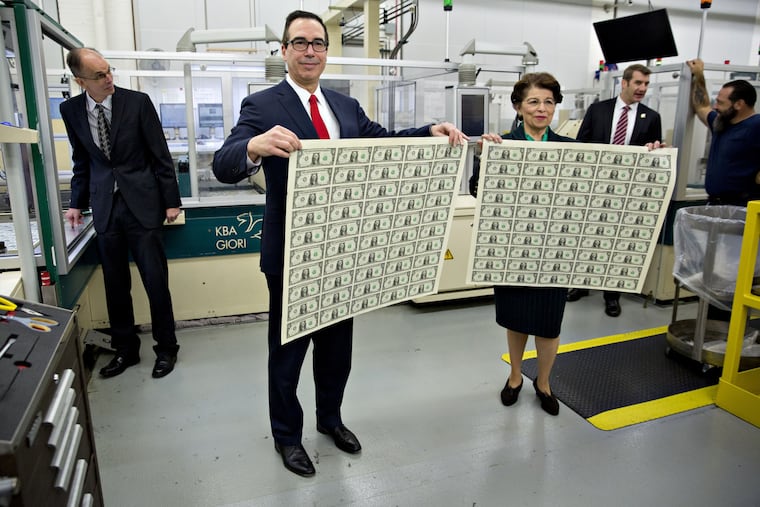Besides PPP, there’s another forgivable loan program for small businesses thanks to the new stimulus bill
If you’re a small business looking for an incredible financing deal — regardless of whether you’ve been affected by the pandemic — then pay attention.

During the summer, I wrote about a little-known clause in the CARES Act that turned into a big savings for many small businesses that received loans from the Small Business Administration. That “clause” expired in September. But with the new stimulus bill, it’s been resurrected — and significantly enhanced.
If you’re a small business looking for an incredible financing deal, regardless of whether you’ve been affected by the pandemic, then pay attention.
Why? Because the new stimulus bill now forgives up to eight months of principal and interest payments on Section 7(a) and 504 Microloans from the SBA.
“I thought this debt relief program was an opportunity to provide fast, automatic targeted relief to SBA loan holders,” U.S. Sen. Chris Coons (D., Delaware), who was instrumental in creating the initial legislation under the CARES Act and then enhancing it in the new bill, said in a recent podcast interview with me. “This program is simply the federal government paying a company’s debt service.”
Yes, the government will pay for a portion of your debt. So if you want to take advantage of this unprecedented benefit, you’ll need to become more familiar with the SBA’s Section 7(a) and 504 loan programs.
A Section 7(a) loan, which is received through an SBA lender, is a loan that can be used for working capital, equipment, inventory and business acquisitions. You can borrow up to $5 million at both fixed and variable interest rates as long as you have fewer than 500 employees and less than $7.5 million in average annual receipts. You also have to be a for-profit business based in the United States and not be delinquent on any debt owed to the government. Depending on how you intend to use the funds, your maturities would be 7 to 25 years.
The SBA’s 504 Microloan program is geared more toward economic development and job creation. It’s available to purchase commercial real estate, existing buildings, and equipment that will help grow your business. These loans also have a $5 million limit and have similar requirements as a Section 7(a) loan. However, interest rates for these loans are fixed and maturities are 10 to 20 years depending on the nature of the loan.
If you already have an existing SBA Section 7(a) or 504 Microloan, then you can get up to eight months of forgiveness (three months plus an additional five months if you’re in a hard-hit industry such as food service and accommodation, arts, entertainment and recreation, and education, as well as laundry and personal care services) of principal and interest payments, all capped at $9,000 a month.
If you get a new Section 7(a) or 504 Microloan before Sept. 20, then your first six months of principal and interest (up to $9,000 a month) will also be forgiven.
What’s unique about these loans is that you don’t have to show that your business has been impacted by COVID. And even if you have an existing Paycheck Protection Loan, you can still apply.
Because the loans are offered through SBA lenders, you will still have to go through a due diligence process that will require providing tax returns, a business plan, and your ability to meet the terms of the loans. However, the new law has increased the federal guarantee for the loans, which lowers the risk of these lenders and makes it easier for them to extend financing. The SBA, however, has been given the latitude to change some of the terms of the loans depending on the demand and funds available.
Coons believes that this small-business debt relief program, although it is a small part of the new stimulus bill, will offer $3.5 billion more of debt relief in the coming year. “It’s already delivered $8 billion in support automatically to 320,000 small businesses all over the country,” he said. “Including 900 small businesses in Delaware alone.”
Maybe your small business has been impacted by the pandemic. Or maybe not. For this benefit, it doesn’t matter. For Coons, and others who created this provision, it’s about recovery. Getting forgiveness on loan payments will make it much more affordable to get the financing many small businesses need to invest, hire, and grow as the economy gets back on its feet in 2021.